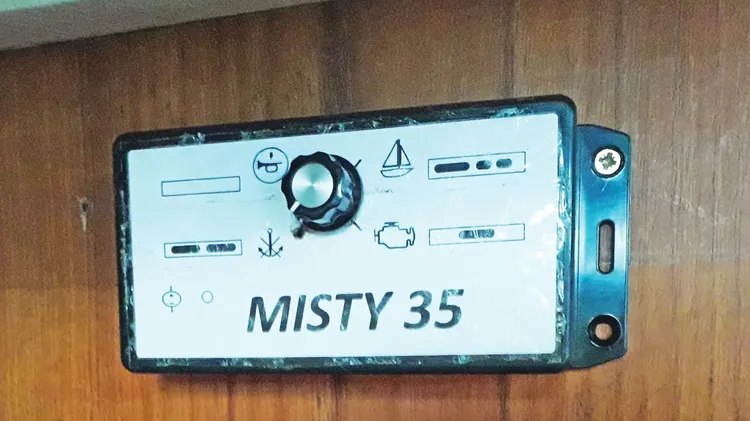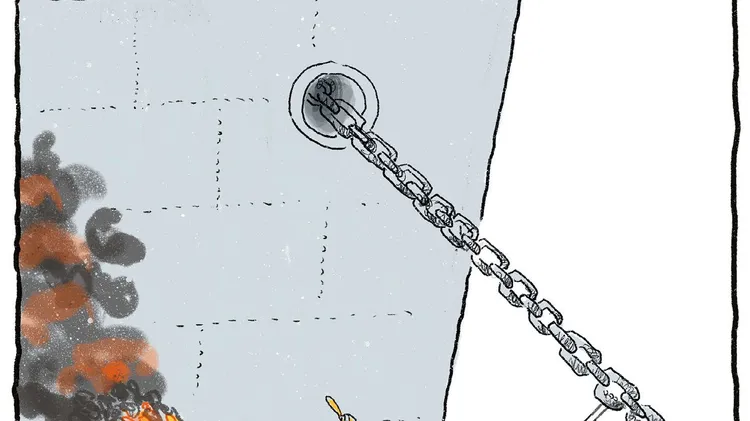Time and tide waits for no man, they say and it's certainly true on a boat where p
Paul heiney
3 min read
This article is from...
Read this article and 8000+ more magazines and newspapers on Readly






